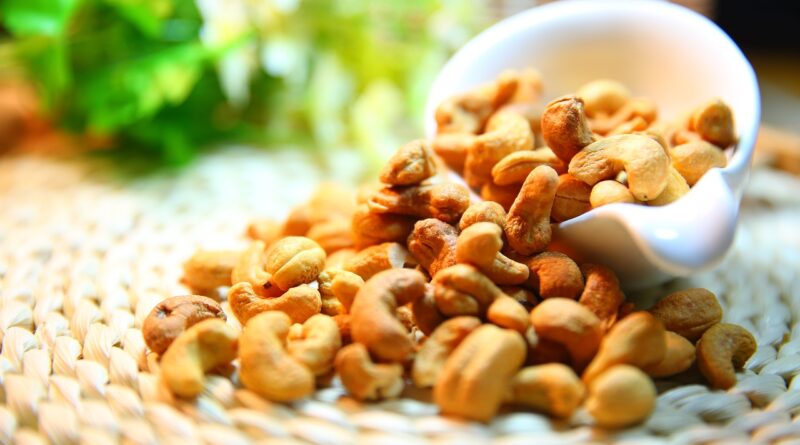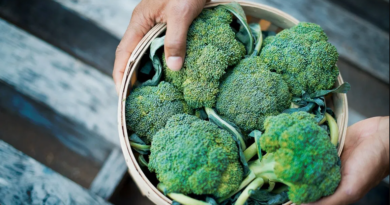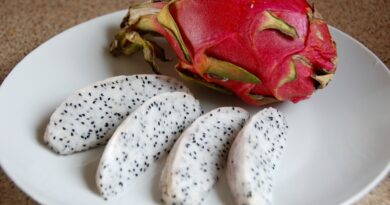Kaju (Cashew): A Nut with Rich History and Remarkable Health Benefits
Cashews, known as “Kaju” in India, are one of the most cherished nuts around the world. They are not only loved for their creamy texture and delicious taste but also for their versatility in culinary applications and their numerous health benefits. This article delves into the fascinating history of cashews, their nutritional value, and the health advantages they offer, showcasing why this nut holds a significant place in both history and modern diets.
The Historical Roots of Cashews
Cashews originate from the tropical regions of Brazil, where they were initially cultivated by indigenous tribes. The Portuguese were the first to recognize the potential of this remarkable nut. In the 16th century, they introduced cashew trees to India and Africa, where the plants thrived in the tropical climates. Over time, cashew trees became an integral part of agricultural landscapes in countries like India, Vietnam, and Nigeria, which are now among the largest producers of cashews globally.
In India, the coastal states such as Kerala, Goa, and Maharashtra embraced cashew cultivation. The nut became a staple in traditional cuisines and a valuable export commodity. The versatility of cashews also led to their incorporation in various cultural dishes, festivals, and ceremonies, particularly in Indian sweets and savory dishes.
The Cashew Tree: More Than Just Nuts
Cashew trees (Anacardium occidentale) are unique because they produce two distinct parts: the cashew nut and the cashew apple. The cashew nut grows at the bottom of the apple, encased in a shell containing a caustic resin known as urushiol. This resin requires careful processing to extract the edible nut safely.
Interestingly, cashew apples are also highly nutritious and are used in beverages, jams, and fermented products in many tropical countries. However, it is the nut that has gained global recognition and popularity.
Nutritional Value of Cashews
Cashews are a powerhouse of nutrients. They are rich in healthy fats, proteins, vitamins, and minerals, making them an excellent addition to a balanced diet. Here’s a breakdown of their nutritional content per 100 grams:
- Calories: ~553 kcal
- Protein: ~18 grams
- Fats: ~44 grams (majority are heart-healthy monounsaturated and polyunsaturated fats)
- Carbohydrates: ~30 grams
- Fiber: ~3.3 grams
- Vitamins: Vitamin E, Vitamin K, Vitamin B6
- Minerals: Magnesium, Phosphorus, Zinc, Iron, and Copper
These nutrients contribute to the numerous health benefits associated with cashews.
Health Benefits of Cashews
Top 5 Dry Fruits for Health: Benefits and Best Ways to Eat Them in India
- Promotes Heart Health
Cashews are loaded with monounsaturated and polyunsaturated fats, which are beneficial for heart health. These healthy fats help reduce LDL (bad cholesterol) levels while increasing HDL (good cholesterol). Magnesium and potassium in cashews also support healthy blood pressure levels, reducing the risk of cardiovascular diseases. - Boosts Immune System
The presence of zinc and vitamins in cashews helps strengthen the immune system. Zinc is particularly crucial for the development and activation of immune cells, making cashews a great choice for boosting immunity. - Supports Bone Health
Cashews are an excellent source of magnesium, phosphorus, and calcium—all essential for maintaining strong and healthy bones. The copper content also plays a vital role in collagen formation and bone health. - Enhances Skin and Hair Health
The high copper levels in cashews aid in the production of melanin, which is essential for maintaining skin pigmentation and preventing premature graying of hair. Additionally, the healthy fats in cashews keep the skin hydrated and glowing. - Aids in Weight Management
Contrary to the myth that nuts lead to weight gain, cashews can actually aid in weight management when consumed in moderation. They are high in protein and fiber, which promote satiety and prevent overeating. - Improves Brain Function
Cashews are rich in healthy fats, which are essential for cognitive function and brain health. The magnesium content also helps regulate nerve function, enhancing memory and learning capabilities. - Helps Manage Diabetes
Cashews have a low glycemic index and help stabilize blood sugar levels. The presence of fiber further aids in controlling sugar spikes, making them a good snack option for people with diabetes. - Prevents Anemia
The iron and copper in cashews play a key role in producing red blood cells, preventing anemia, and ensuring proper oxygen transport in the body.
Cashews in Culinary Applications
Cashews are an incredibly versatile nut that can be used in a variety of dishes, both sweet and savory. In India, cashews are a key ingredient in desserts like Kaju Katli, halwa, and payasam. They are also used to thicken gravies in dishes like Shahi Paneer and Korma.
In Western cuisine, cashews are popular in trail mixes, vegan cheese, and nut butter. Roasted cashews make for a healthy snack, while cashew milk serves as a dairy-free alternative for lactose-intolerant individuals.
How to Include Cashews in Your Diet
Here are some practical tips to incorporate cashews into your daily meals:
- Snack Time: Enjoy a handful of roasted cashews as a midday snack.
- Smoothies: Blend cashews into smoothies for a creamy texture and added nutrients.
- Salads: Sprinkle cashew pieces over salads for a crunchy twist.
- Cooking: Use cashew paste to enhance the flavor and texture of curries and soups.
- Desserts: Add chopped cashews to cakes, cookies, and puddings for a nutty flavor.




